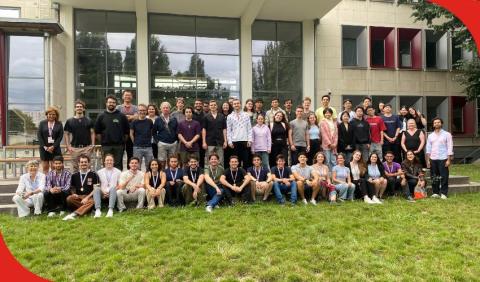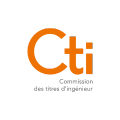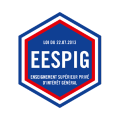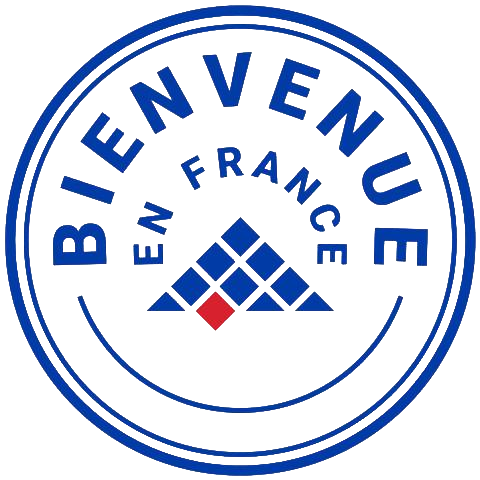EPF prints in 3d a custom helmet for a Canadian child
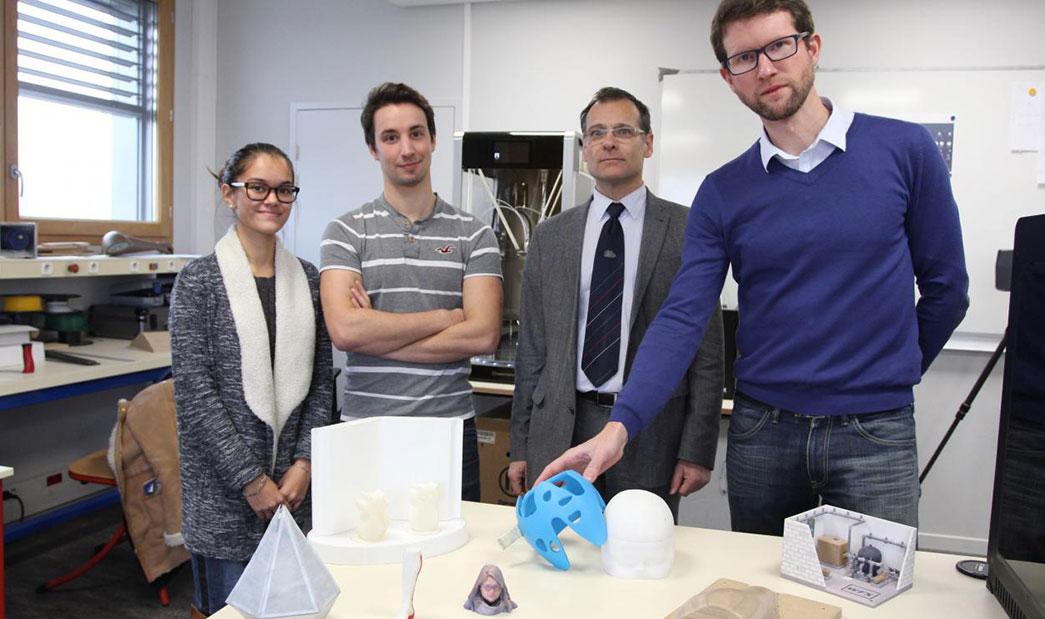
At the cutting edge of 3D printing in France, especially in Troyes, the EPF School of Engineering now has eight printers, the last of which has been financed by the Grand Troyes area and the county council. "We needed a model to print larger parts," explains Julien Gardan, Assistant Professor, responsible for the 3D printing lab. These tools are mainly used by the students of the school and in particular the forty students of the Master ICE (innovation, creation and entrepreneurship).
A lightweight and custom-made helmet for a child in Canada
Through various partnerships, EPF has worked with a Vancouver institute to build a helmet in 3D printing that is perfectly suited to the head of an infant. The child suffered from plagiocephaly, a benign deformation of the skull. To put it back in place, the wearing of a helmet is prescribed and the idea, on both sides of the Atlantic, was to build a helmet perfectly adapted and lightest possible. Since 3D printing is an additive construction (adding material gradually), it is possible to build parts that are stronger and lighter than those resulting from molding or extruded parts.
The child's skull was scanned in Canada. The helmet is optimized and prepared for printing at EPF Troyes before sending the 3D digital file for printing in Canada.
A special orthosis for a patient in France
Closer to its campus in Troyes, EPF has also worked with Neut in Saint-André-les-Vergers, a manufacturer of orthotics. Once again, this was a unique case. It was a matter of making an orthosis to allow a patient to easily control a model aircraft remote control. "We are very open about relations with local businesses," emphasizes Julien Gardan.
From prototyping to simple advice, the EPF laboratory is ready to collaborate with different companies.

